METHOTREXATE - INJECTION
PHONETIC PRONUNCIATION: (meth-oh-TREX-ate)
COMMON BRAND NAME(S): Abitrexate
GENERIC NAME(S): methotrexate sodium
Uses
USES: Methotrexate is used to treat certain types of cancer or to control severe psoriasis or rheumatoid arthritis. It may also be used to control juvenile rheumatoid arthritis. Methotrexate belongs to a class of drugs known as antimetabolites. It works by slowing or stopping the growth of cancer cells and suppressing the immune system. Early treatment of rheumatoid arthritis with more aggressive therapy such as methotrexate helps to reduce further joint damage and to preserve joint function.
How to use METHOTREXATE - INJECTION
HOW TO USE: Read the Patient Information Leaflet if available from your pharmacist before you start using methotrexate and each time you get a refill. If you have any questions, ask your doctor or pharmacist. This medication is given by injection as directed by your doctor. The dosage, method of injection, and how often you receive this medication are based on your medical condition and response to treatment. For the treatment of rheumatoid arthritis or psoriasis, this medication is given by injection as directed by your doctor, usually once a week. For some conditions (such as rheumatoid arthritis), you may be taught to give yourself injections at home. In this case, learn all preparation and usage instructions from your health care professional. If you have any questions, ask your health care professional. Before using, check this product visually for particles or discoloration. If either is present, do not use the liquid. Learn how to store and discard medical supplies safely.
Side Effects
Precautions
Interactions
Overdose
Images
Reviews
Faq for METHOTREXATE - INJECTION
Methotrexate Injection is primarily used to treat certain types of cancer, including leukemia, lymphoma, and breast cancer. It is also used to treat rheumatoid arthritis and psoriasis.
Methotrexate works by interfering with the growth of cancer cells and suppressing the immune system in conditions like rheumatoid arthritis and psoriasis.
Methotrexate Injection is typically administered by a healthcare professional as an intravenous infusion or an injection into a muscle. It should not be self-administered without proper medical guidance.
Common side effects may include nausea, vomiting, diarrhea, mouth sores, dizziness, hair loss, and skin rashes. Unusual bruising or bleeding, signs of infection, or liver problems should be reported to a doctor immediately.
The dosage and frequency of Methotrexate Injection will depend on the specific condition being treated. It is typically administered once a week or as directed by a healthcare professional.
No, alcohol should be avoided while taking Methotrexate Injection as it can increase the risk of liver damage and other side effects.
Methotrexate Injection may interact with other medications, including certain antibiotics, nonsteroidal anti-inflammatory drugs (NSAIDs), and some vaccines. It is important to inform your doctor about all medications and supplements you are taking.
Methotrexate Injection can cause birth defects and should not be used during pregnancy. Adequate contraception should be used during treatment and for a certain period after stopping the medication.
The effectiveness of Methotrexate Injection varies depending on the condition being treated. It may take several weeks to notice improvement in arthritis symptoms and several months for cancer treatment.
Warning
WARNING: Methotrexate has rarely caused serious (sometimes fatal) side effects. Therefore, this medication should be used only to treat cancer or severe diseases caused by an overactive immune system (such as psoriasis, rheumatoid arthritis). Methotrexate formulations with preservatives must not be used for high-dose treatment or injected into the spine (intrathecal). Methotrexate has caused birth defects and death in unborn babies. Women must avoid becoming pregnant while using this medication. Pregnant women who have psoriasis or rheumatoid arthritis must not use methotrexate. (See also Precautions section.) If you have kidney problems or excess body water (ascites, pleural effusion), you must be closely monitored and your dose may be adjusted or stopped by your doctor. Methotrexate (usually at high dosages) has rarely caused severe (sometimes fatal) blood/bone marrow problems (decreasing your body's ability to fight infections) and stomach/intestinal disease (such as bleeding) when used at the same time as non-steroidal anti-inflammatory drugs (NSAIDs such as indomethacin, ketoprofen). Therefore, NSAIDs should not be used with high-dose methotrexate. Caution is advised if you also take aspirin. NSAIDs/aspirin may be used with low-dose methotrexate such as for the treatment of rheumatoid arthritis if directed by your doctor. If your doctor has directed you to take low-dose aspirin for heart attack or stroke prevention (usually at dosages of 81-325 milligrams a day), you should continue taking it unless your doctor instructs you otherwise. Ask your doctor or pharmacist for more details on the safe use of these drugs (such as close monitoring by your doctor, keeping the same doses of NSAIDs). In rare instances, this drug may also cause liver problems when it is used for long periods of time. If you are using methotrexate long term, a liver biopsy is usually recommended. Methotrexate use has rarely caused serious (sometimes fatal) side effects, such as lung problems, lung infections (Pneumocystis jiroveci pneumonia), skin reactions, diarrhea, and mouth sores (ulcerative stomatitis). (See also Side Effects section.) Lumps (tumors/abnormal growths) may very rarely appear during methotrexate use. The drug must be stopped and treatment may be needed. Tell your doctor right away if new lumps/growths occur. When used to treat tumors, methotrexate sometimes causes side effects due to the rapid destruction of cancer cells (tumor lysis syndrome). To lower your risk, drink plenty of fluids unless your doctor directs you otherwise. Also, your doctor may prescribe an additional medication. Tell your doctor right away if you have symptoms such as irregular heartbeat, low back/side pain, signs of kidney problems (such as pink/bloody urine, change in the amount of urine, painful urination), or muscle spasms/weakness. When this medication is used with radiation treatment, it may rarely increase the risk of tissue and bone damage. Discuss the risks and benefits of your treatment with your doctor.
Disclaimer
IMPORTANT: HOW TO USE THIS INFORMATION: This is a summary and does NOT have all possible information about this product. This information does not assure that this product is safe, effective, or appropriate for you. This information is not individual medical advice and does not substitute for the advice of your health care professional. Always ask your health care professional for complete information about this product and your specific health needs.

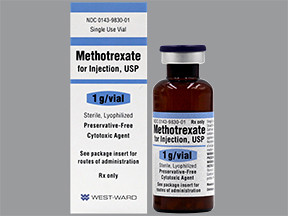
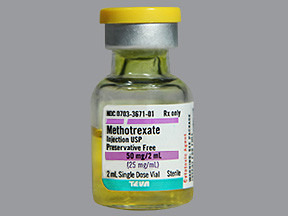
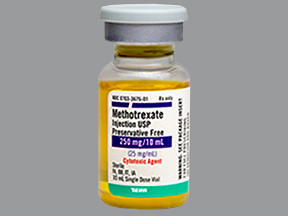
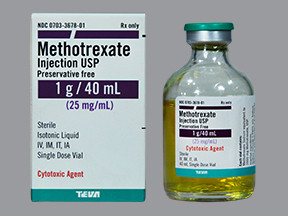
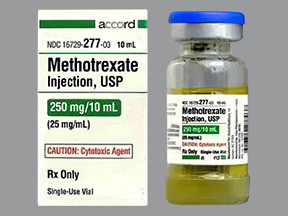
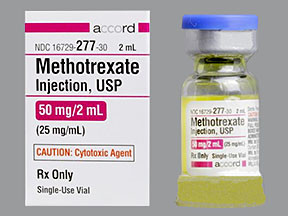
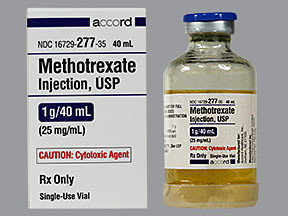
No Reviews Yet